We were lucky to catch up with Gui Bittencourt recently and have shared our conversation below.
Gui, appreciate you joining us today. Earning a full time living from one’s creative career can be incredibly difficult. Have you been able to do so and if so, can you share some of the key parts of your journey and any important advice or lessons that might help creatives who haven’t been able to yet?
I always felt different and somewhat misunderstood at the workplace, and I dare say, in life. Working for bosses, companies, and people that are just after profits rather than providing value, creating, and offering help, left me hollow. I couldn’t let that hollowness fill me up. Since I was in my first job, I already dreamed of being my own boss, an entrepreneur. The reality in countries like Brazil, India, Russia, Ethiopia, Venezuela, and so many others considered “3rd World Countries” is harsh and leaves you without hope. Coming to America from Brazil was not only a choice but a necessity.
Since I was a kid, playing with my grandma’s old film camera I realized art could be a medium to be creative. Art could be cooking, singing, looking at nature, and appreciating its forms, textures, colors, and smells. Art was not only a form of coming up with something from nothing but rather capturing the essence of something, and photography felt like the right medium for me.
In my early twenties, I met a friend called Sue, we, besides being friends, were lovers for a second, but most important is that we both loved photography. Sue had an old DSLR camera, a semi-professional camera she used to take random pictures of people, but also at a bar, as part of one of her gigs. During a Saint Patrick’s Day, she brought in her camera so I could learn, I remember us sitting at the table and Sue explaining to me about ISO, Aperture, Shutter Speed, color, composition, etc. Her camera, far from perfect, would present errors when I dialed the wrong settings – something a regular camera wouldn’t do – but it was enough for me to learn the basics of photography. She let me borrow her camera for a few days, and in between blurred shots, over and underexposed ones, I could get a grip of what photographing like a professional felt like.
Fast-forward a few years, I landed in the US. I had a dream: becoming a professional photographer and making a living out of my artwork. I was so ready to ditch the old ways of making money, i.e. working for exploitative bosses or companies, but I simply couldn’t start taking pictures without good equipment.
I worked in restaurants, from cleaning bathrooms and kitchens, being a cashier, then finally being a busser and trying to conciliate two or three jobs at the same time – I was also a security officer, and that gave me the freedom to look up tutorials of photo editing online during my downtime hours and sometimes even during work.
I started small, with almost the same model I had borrowed from Sue a couple of years before, then I bought lenses, flash, tripods, etc. I confess, it felt daunting purchasing equipment that I knew wasn’t good enough to make money taking pictures at events, for example, because the equipment I wanted was over $5.000. After about 3 cameras bought on Craigslist over the years, I was able to purchase a camera good enough to take photos at parties and portraits of people.
It was a sort of long curve of learning, it took me about 3 years to master photography, but even so, there’s always lots to learn. Living in Orlando Florida, then Boston Massachusetts, and finally in Los Angeles California, I was able to take my time and learn, as long as meeting people and take some good and bad shots here and there. I was never paid for, so that gave me freedom and enough creativity to try and fail as many times as I wanted – one of the perks of being a photographer with modern cameras.
Living in Boston, I didn’t have a car, so I would walk to the grocery store (and many other places), and get back with an Uber or Lyft at the time. On one of these trips, I was inside the car and the guy looks in the rear-view mirror and asks what I do for a living, I said working in restaurants and as a security officer, but I was also learning photography so maybe one day I could be a photographer. He tells me he’s a photographer as well and by the end of the month he and two other friends are shooting a wedding in New Hampshire, and invites me to shoot with them. He also would pay me $50, which would be enough to cover my trip and food for the day. The serendipitous moment was enough for me to get started with wedding photography.
A year later I was taking the train from Boston to LA, a 4-day trip that was magical and eye-opening, for the US is so extensive, different, and beautiful; taking a train felt like the best way to appreciate the land.
Arriving in LA, I had a job lined up, or so I thought. After many attempts at finding jobs and being fired – one of them let me go because I had injured myself while at work. It all served as fuel to start my own business and gave me the courage to look for gigs. I started building my website, a friend helped with business cards, another gave me $100 to spend the month (by this time I had 0 dollars), and little by little things were going my way. My first gig was at a Jewish Party in Hollywood for singles, which gave me the opportunity to take pictures and make enough money to call myself a professional photographer.
After that, I had a wedding at the Beverly Hills Courthouse the following week, and a few more sessions popped up. Slowly I made my way into opportunities here and there, but since I didn’t have a car, I depended on the clients to give me a ride to or back from their events. Unfortunately, I had to get back into the restaurant business working as a busser, but that didn’t stop me to dream that one day I would be able to do photography full-time.
After two years and a global pandemic, I was still working in restaurants, had lost 8 jobs in just a year and a half, lots of restaurants closing, and the last one, fired me while I was at home injured from something that happened at work.
During the pandemic, I had saved enough money (not going to parties or restaurants) to buy a car. That gave me the freedom to go to the events, carry some equipment and extend my reach, finally becoming a full-time photographer.
In retrospect it seems like everything led me to this, it’s like there was a force pushing me away from what I didn’t like (working for bosses) and pulling me toward being my own employer. I asked the universe at times the reason for such mishaps, but now I can see why. Things fell in place by cosmic design.
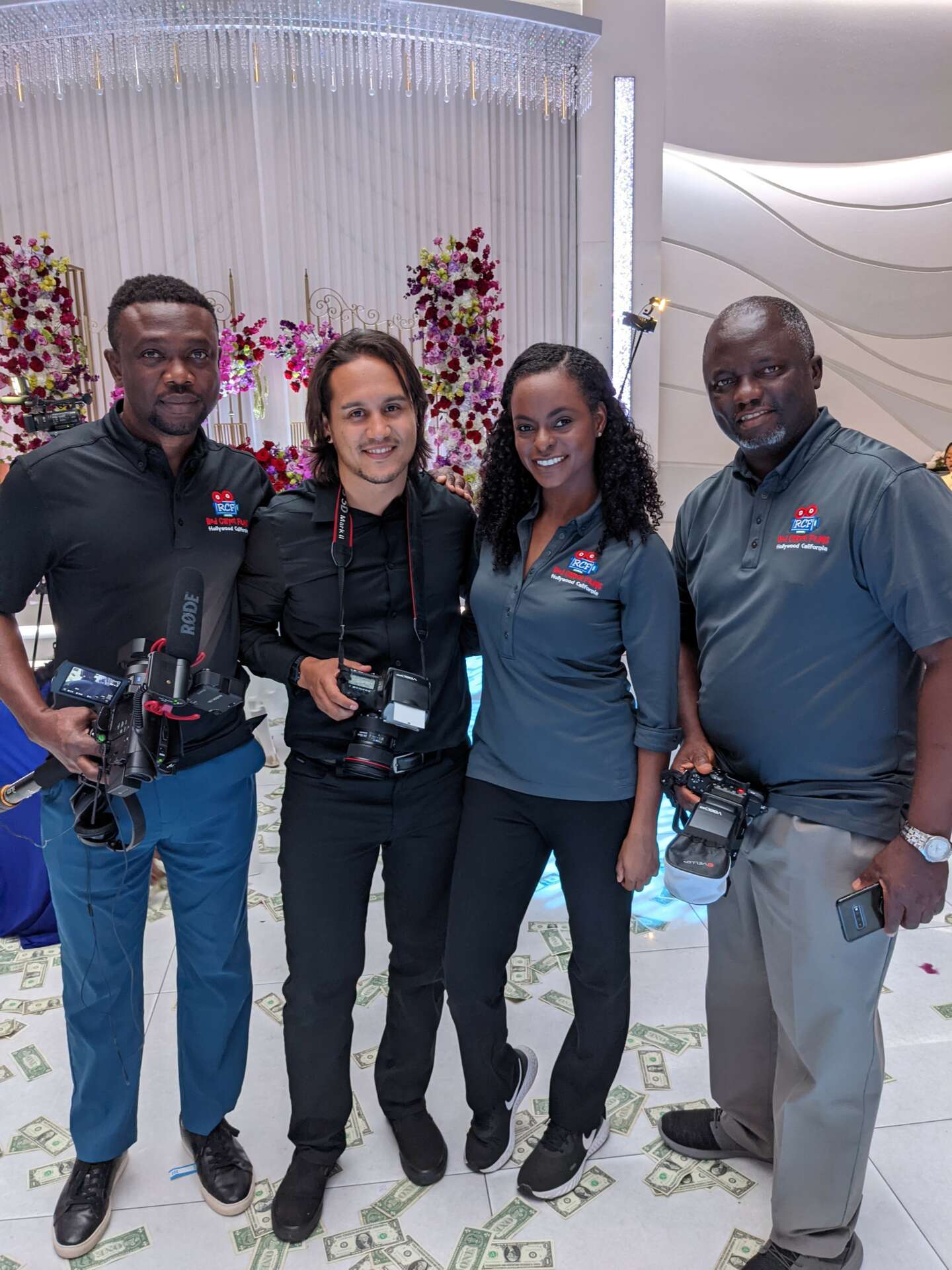
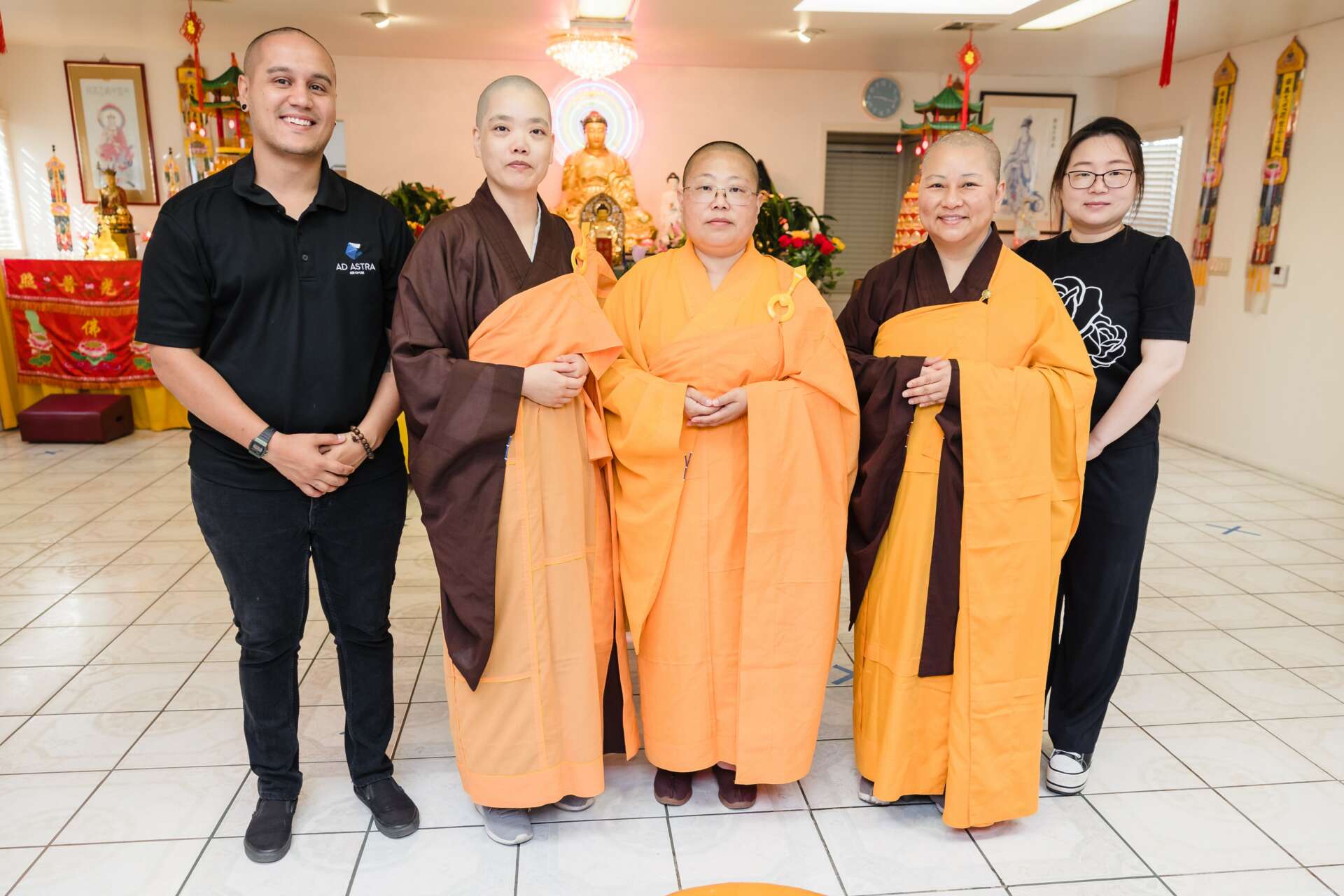
As always, we appreciate you sharing your insights and we’ve got a few more questions for you, but before we get to all of that can you take a minute to introduce yourself and give our readers some of your back background and context?
I feel like growing up I was always introspective and observant. My girlfriend is often surprised by how often I can spot birds, insects, and small things from a distance. I took a DNA test and it shows I was .6% hunter-gatherer, that explains it. Jokes apart, it seems like the secret to a fulfilling profession is aligning what you’re good at, with what pays well, what gives you joy and what helps other people. That’s not an original thought, it’s called Ikigai, by the way. Working as a wedding photographer/videographer requires different skills other than taking pictures: you gotta have a good customer service, remain cool on people’s special day (and sometimes stressful for them), and make sure you get the shots. There’s no redo or another chance. Often you get home tired but still have to look through 3 thousand pictures, charge your equipment, organize, and get ready to edit for a few days. What makes wedding photography such a good business, besides the importance of it, is having good, reliable photography equipment, and that can range from a couple hundred to several thousand dollars.
What separates me from the other photographers, as I can read from my client’s testimonials, is how easy is to work with me, how much of a calming presence I am on the wedding day, and how nice the pictures and video turn out.
Personally, I try to meditate as consistently as I can, being a session of 20min every day I can, going to yoga at least once a week, and working out at the gym 2-3 times a week. Besides that, I have a good food regimen, I eat mostly plants (thanks to the knowledge obtained from my Nutrition Bachelor’s), drink plenty of water (not soda, or sugary drinks), and some supplements and a good amount of coffee. I also have good mental hygiene, writing in my journal, remaining in gratitude, and trying to cherish every and each moment, being mindful.
At the end of the day, the wedding photography business is a service business, and how you are/present as a person counts a lot for you to be hired and liked.
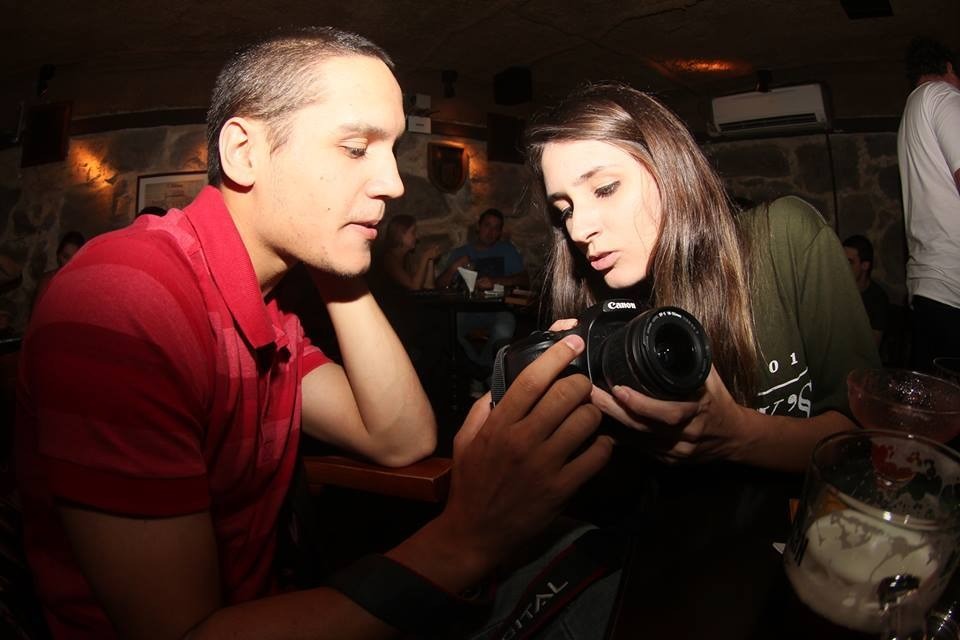
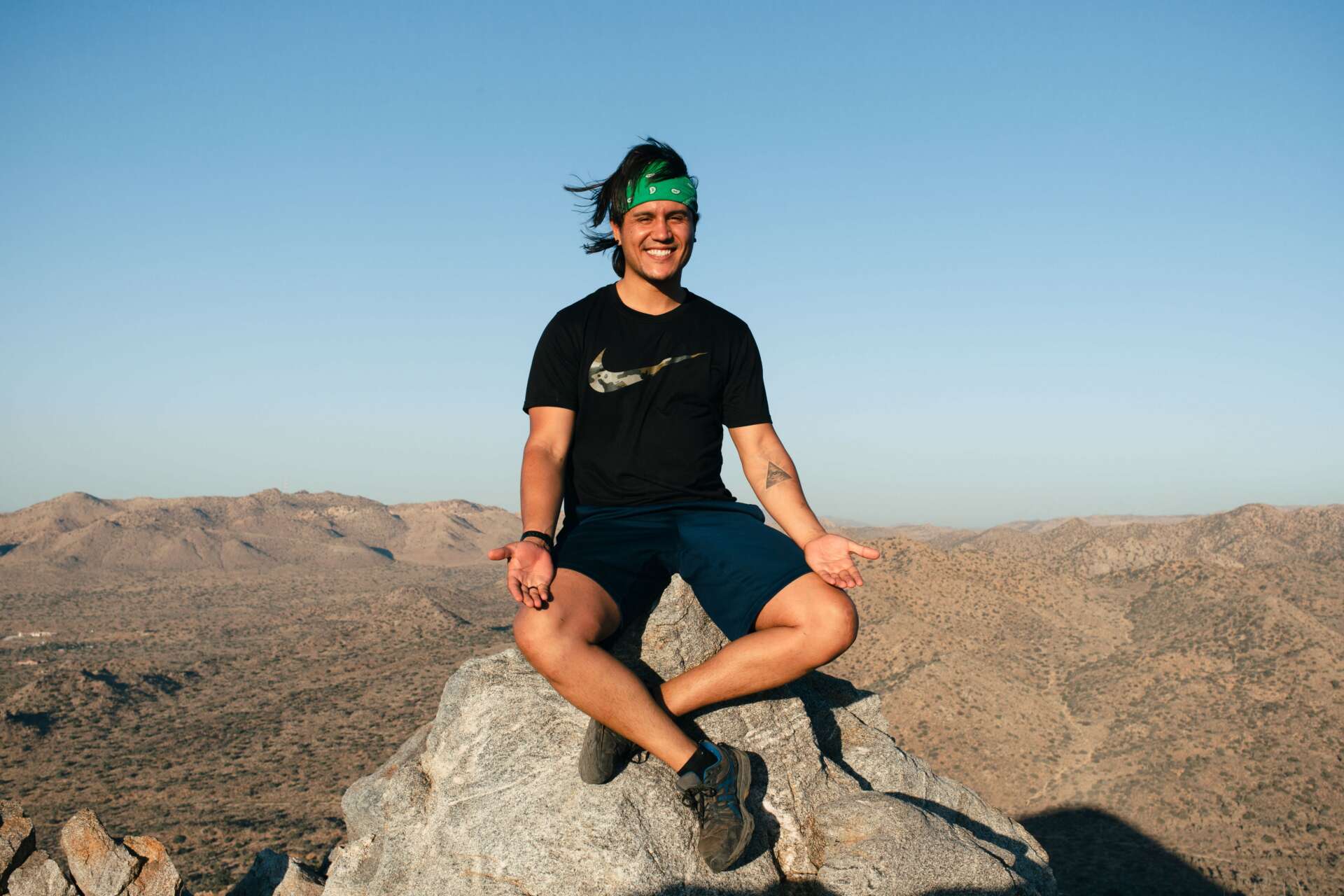
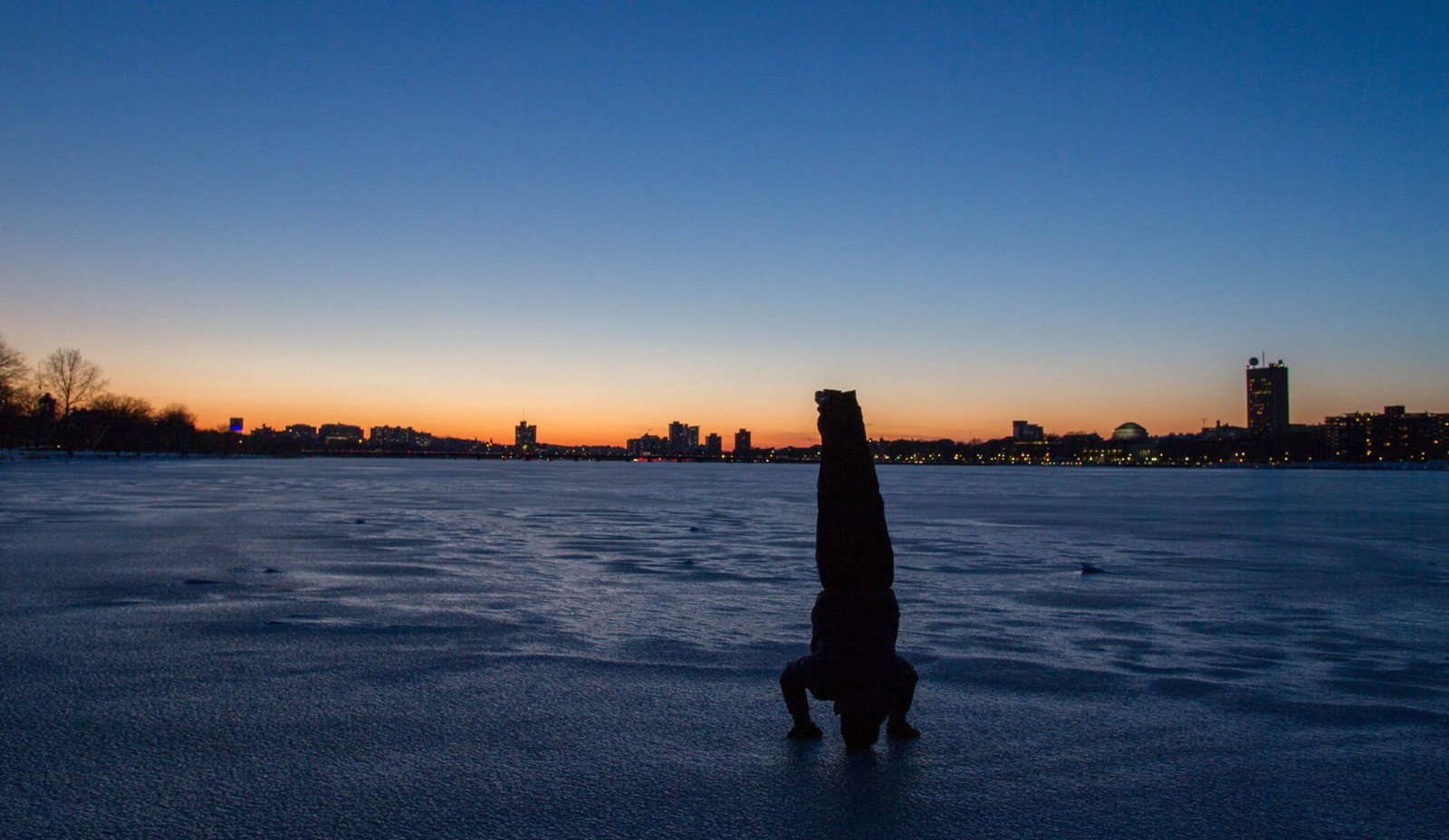
What do you find most rewarding about being a creative?
The work itself takes me to so many different places; I’ve photographed couples from different backgrounds and traditions: Buddhist, Muslim, Jewish, Christian, Hindu, Agnostic; Chinese, Korean, Philippino, American, Nigerian, Ethiopian, Armenian, Mexican, Indian, Brazilian, Russian, Ukrainian, French, Italian, German, Persian, English, Scottish… I’ve been to beaches, Hindu temples, people’s backyards, wedding venues, so many churches, Mosques, Synagogues, Buddhist temples, parks, golf courses, boats, islands… It’s funny because I never know until I get there, I have an idea of the venue, and the place it’s located, but each wedding is different. The people that come in also bring a world with them. I guess my fondest memories are the very traditional ones, the diaspora, the people that bring in their culture from other countries. Listening to and seeing a wedding ceremony in Hindu, for example, is like being teleported to a culture of hundreds or thousands of years, sometimes I imagine what of that tradition still is performed today. From a religious leader chanting in Hindu or Chinese to Mexicans passing under the veil held by the bride and groom (La Vibora, in Mexican tradition), to jumping the broom (African-American tradition), every time I see something different I try to stop for just a second, no camera, just my eyes and ears, and soak it all in. It’s a moment that can’t be captured with photography, you gotta be there to experience it.
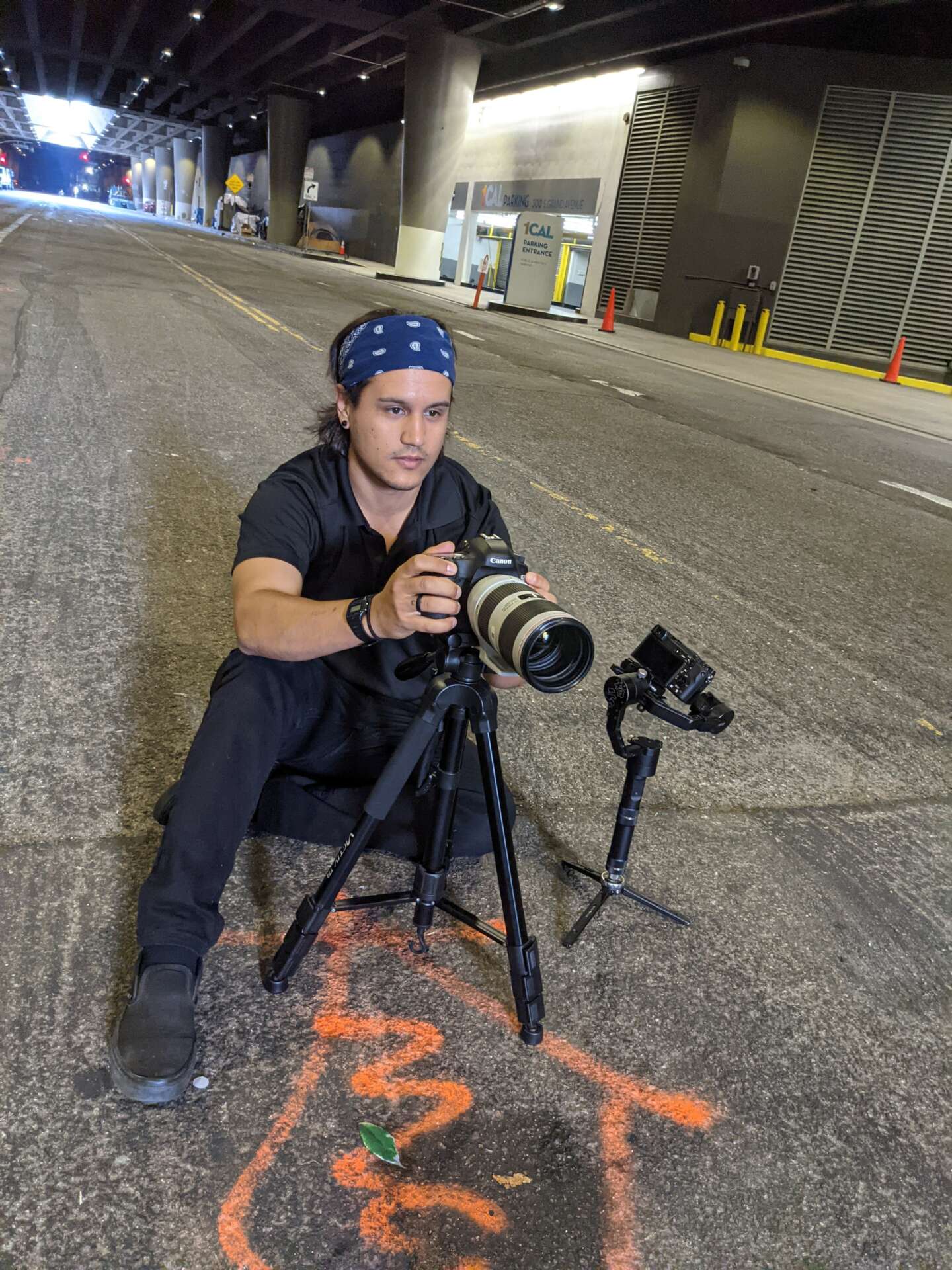
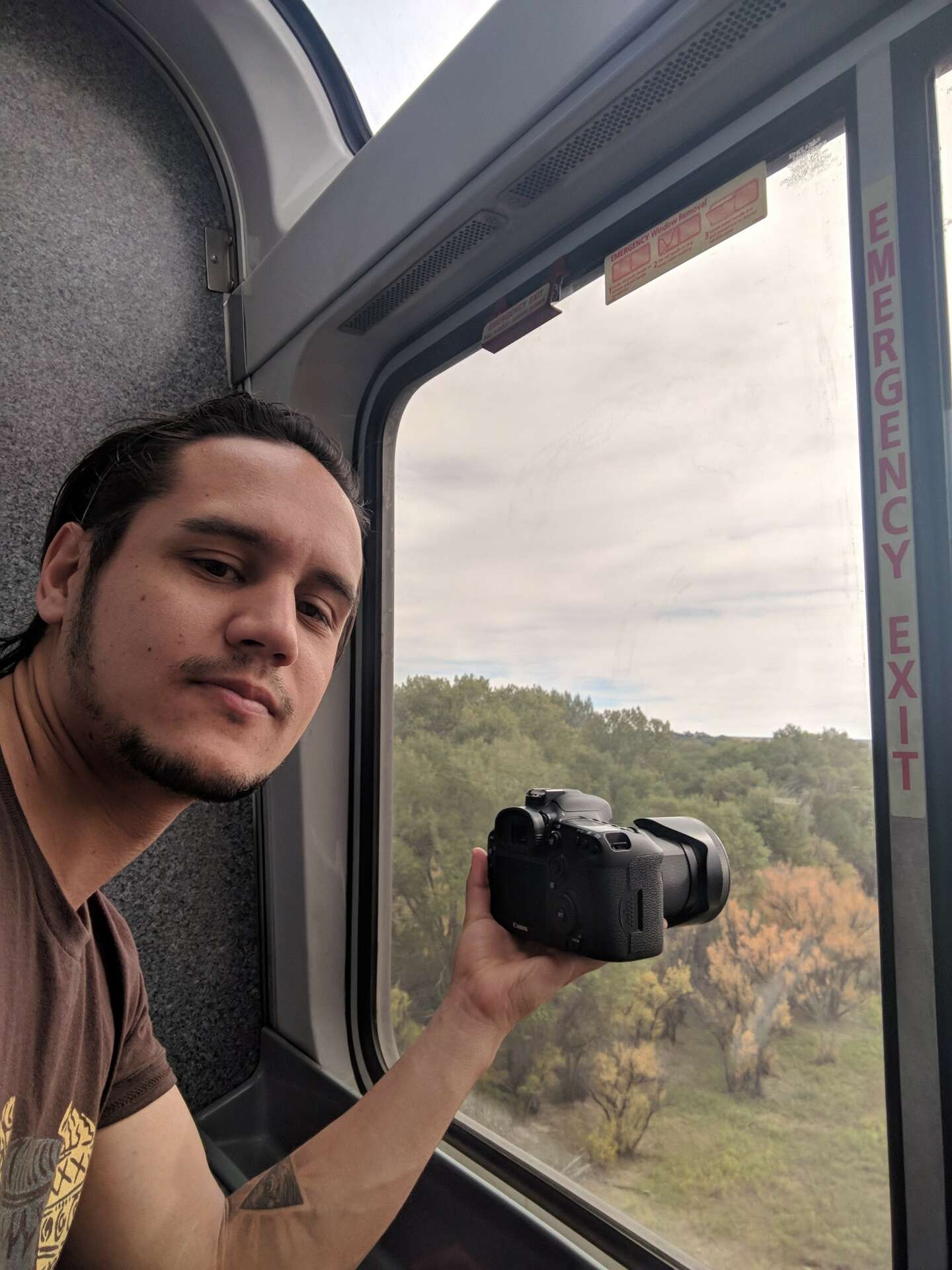
Have any books or other resources had a big impact on you?
Books are a great resource of knowledge for me. I started reading books during my teenage years, starting with Edgar Allan Poe, then getting a little more existential with Nietzsche, Dostoyevsky, and Kafka. Then learning about the universe with Hawkings, Kaku, and Allan Watts. Trying to understand the world with Huxley, Orwell, Bauman, Wells, and Toffler. Finally getting into spirituality with Yogananda, Hesse, Buddha, and Watts again. Going back to the subject of the photography business being a customer service business, it feels to me that you gotta be a well-rounded human being in order to appreciate people and their traditions. Everything out of the scope of photography and into personal development is a form of humanism, after all, you’re in to document people’s special days.
Contact Info:
- Website: https://guibittencourtphoto.com
- Instagram: https://instagram.com/guibittencourtphoto
- Facebook: https://facebook.com/guibittencourtphoto
- Youtube: https://www.youtube.com/@guibittencourtphoto
- Yelp: https://www.yelp.com/biz/gui-bittencourt-photography-los-angeles
- Other: Please also check: www.guidietician.com


